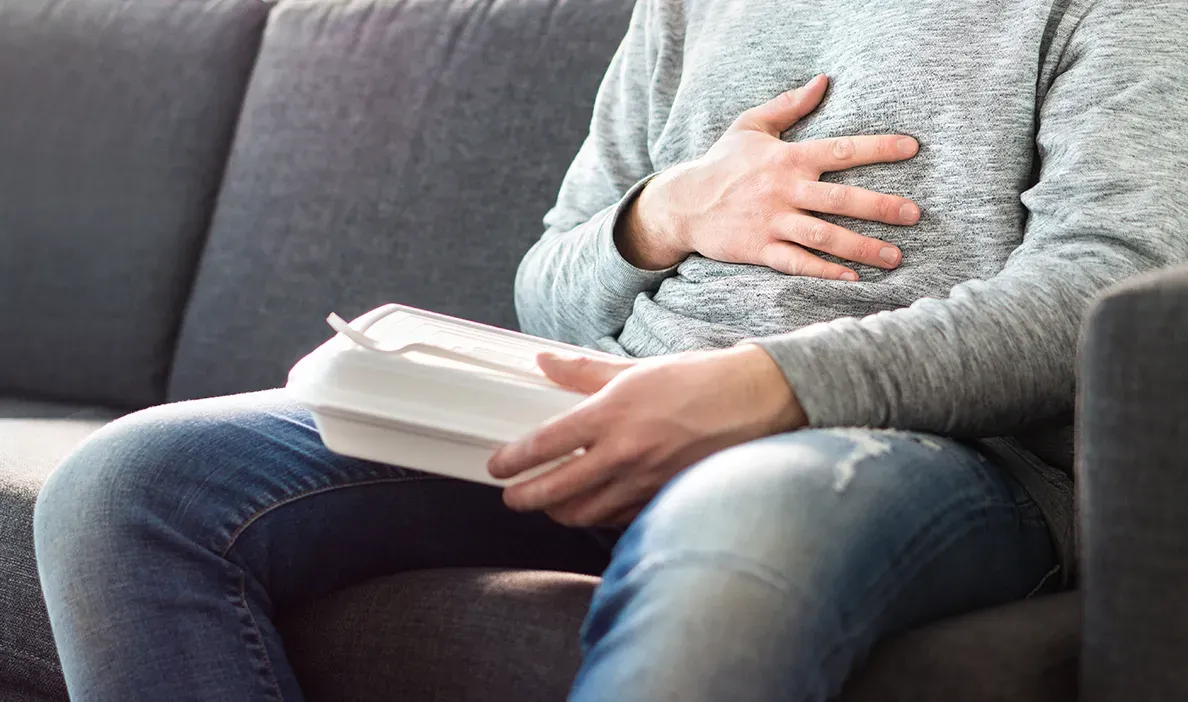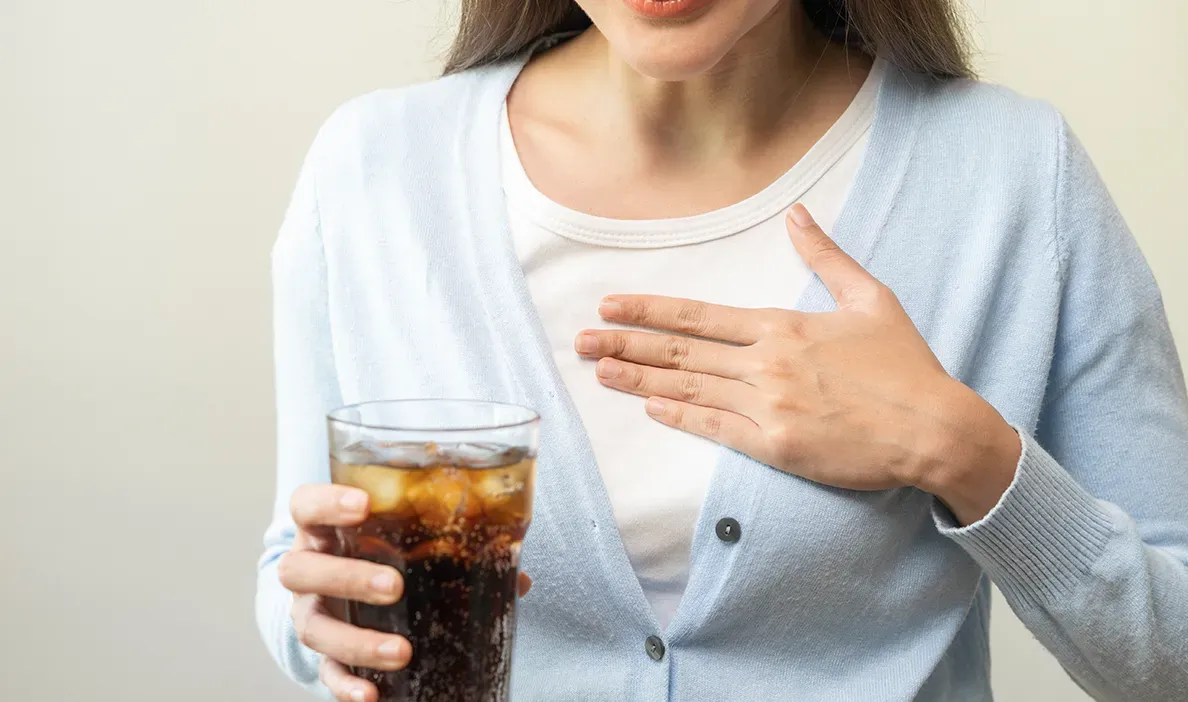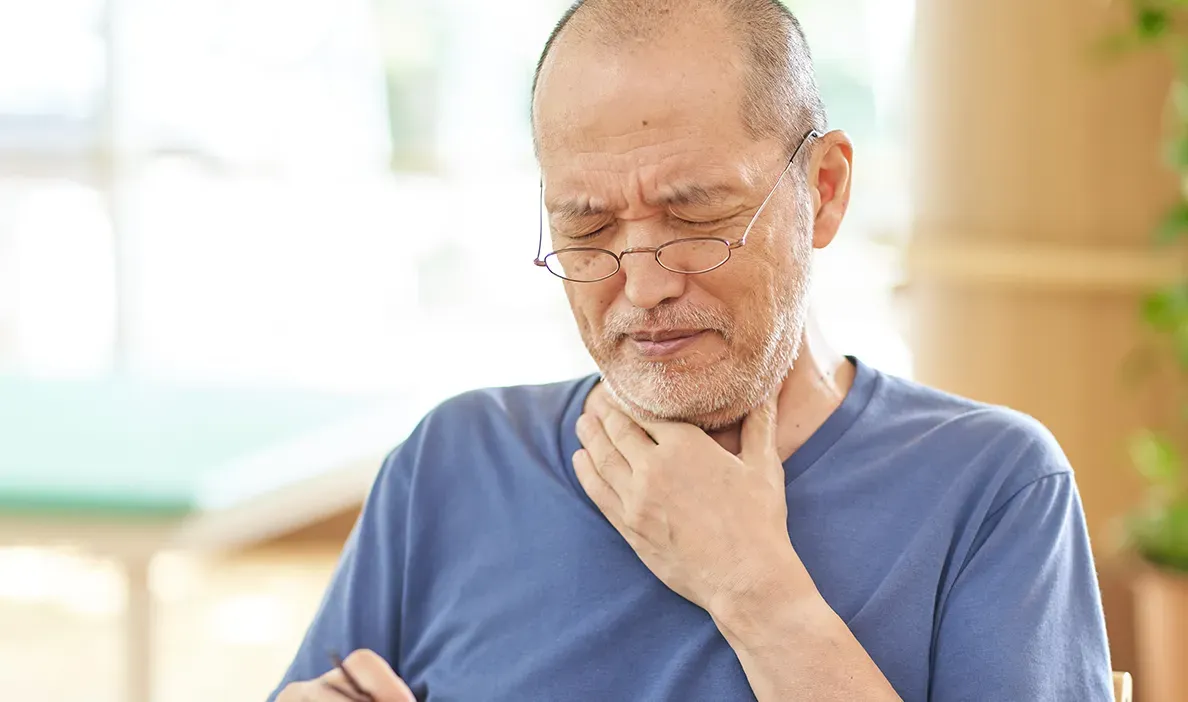Feeling more tired than usual is a common side effect of cancer and lots of cancer treatments.1 This type of tiredness is called 'cancer-related fatigue'. The difference between cancer-related fatigue and normal tiredness is that fatigue doesn't usually go away after you've rested or slept.2
Fatigue can stop you from doing the things you normally would,2 so we've put together some tips to help you manage your symptoms.
Create a sleep routine
You may be tempted to sleep for longer when you’re feeling more tired than usual. Having a good sleeping routine can help you to manage your fatigue.3
Creating a calming bedtime routine and keeping your sleep environment comfortable can help you to get better sleep. Try relaxing before bedtime, reducing your caffeine intake 6 hours before bed, and spending less time on your phone or watching TV before you sleep.3
Top tip:
Avoid taking daytime naps or try to limit them to a maximum of 20 to 30 minutes so they don't stop you from sleeping at night.3
Move your body
You might think that doing some exercise would make you more tired when you are already feeling exhausted, but it can actually help to boost your energy levels. Exercising can improve your mood, make you feel better, improve your sleep, and give you more energy through the day.1,3
Top tip:
Start small. Even a 10-minute daily walk can make a big difference. Listen to your body and gradually increase your exercise as you feel able.3
Eat a balanced diet
Eating well is key to maintaining a healthy weight, feeling strong and increasing your energy levels. A balanced diet should include fruit and vegetables, whole grains, proteins and healthy fats. These foods are filled with nutrients and will help the body to work as it should.4
Sugary snacks and processed foods can also give you energy, but keep in mind that eating too much of these foods can lead to weight gain over time.4
Don’t forget to drink water
Try to drink 6 to 8 glasses of water a day to stay hydrated. Being dehydrated can make you feel more tired. Try to avoid alcohol and drinks with caffeine. These can make it difficult to get a restful sleep.5
Top tip:
Plan small, regular meals throughout the day to keep your energy levels stable.6 Try to eat some protein, such as chicken, eggs or beans, at every meal.7
Plan ahead
Trying to do too much can wear you out quickly, so it’s important to plan your days carefully. Pick the tasks you feel able to do and ask friends or family to help with the rest. This might mean avoiding too many tiring activities in one day to save your energy or asking for help with things that require a lot of effort, like preparing meals for when you feel most tired.3
Top tip:
Plan the things you need to do and the best way to do them. Do you need help? Is there an easier way to do it? Does it all have to be done on one day or could it be spread out over the week?3
References
- Mustian KM, et al. Comparison of pharmaceutical, psychological, and exercise treatments for cancer-related fatigue: A meta-analysis. JAMA Oncology 2017;3(7):961–968. [Accessed June 2025].
- Cancer Research UK. What is cancer fatigue. Available at: https://www.cancerresearchuk.org/about-cancer/coping/physically/fatigue/what-is-cancer-fatigue [Accessed June 2025].
- Cancer Research UK. Managing and treating cancer fatigue. Available at: https://www.cancerresearchuk.org/about-cancer/coping/physically/fatigue/managing-treating-cancer-fatigue [Accessed June 2025].
- Macmillan. Healthy eating and cancer. Available at: https://www.macmillan.org.uk/cancer-information-and-support/impacts-of-cancer/healthy-eating-and-cancer [June 2025].
- Breast Cancer Now. Extreme tiredness (cancer-related fatigue). Available at: https://breastcancernow.org/about-breast-cancer/treatment/extreme-tiredness-cancer-related-fatigue/ [Accessed June 2025].
- Hospital for Special Surgery. The do’s and don’ts of eating for energy. Available at: https://www.hss.edu/article_eating-for-energy.aspl [Accessed June 2025].
- Cancer Research UK. What is a healthy diet. Available at: https://www.cancerresearchuk.org/about-cancer/causes-of-cancer/diet-and-cancer/what-is-a-healthy-diet [Accessed June 2025].






